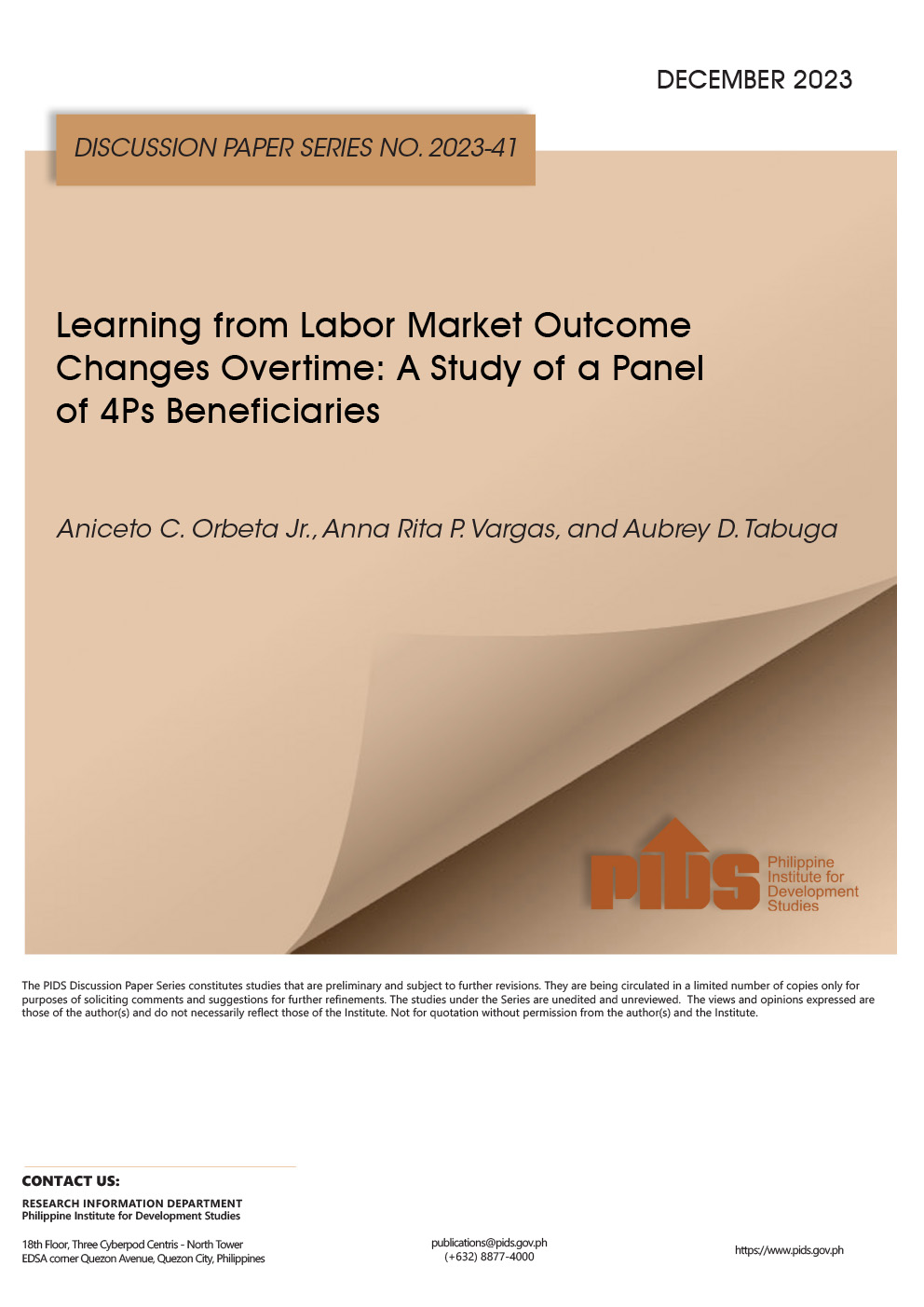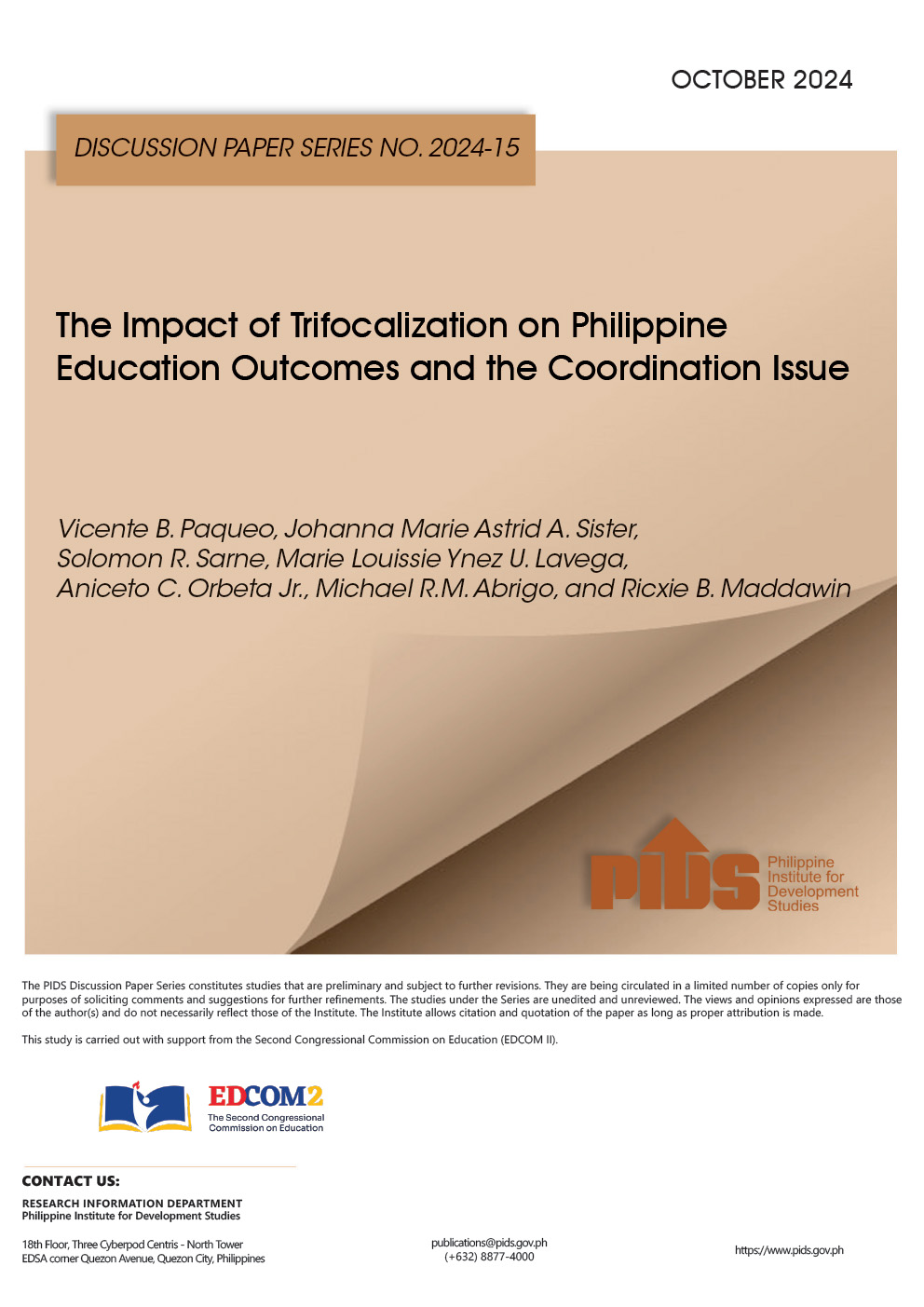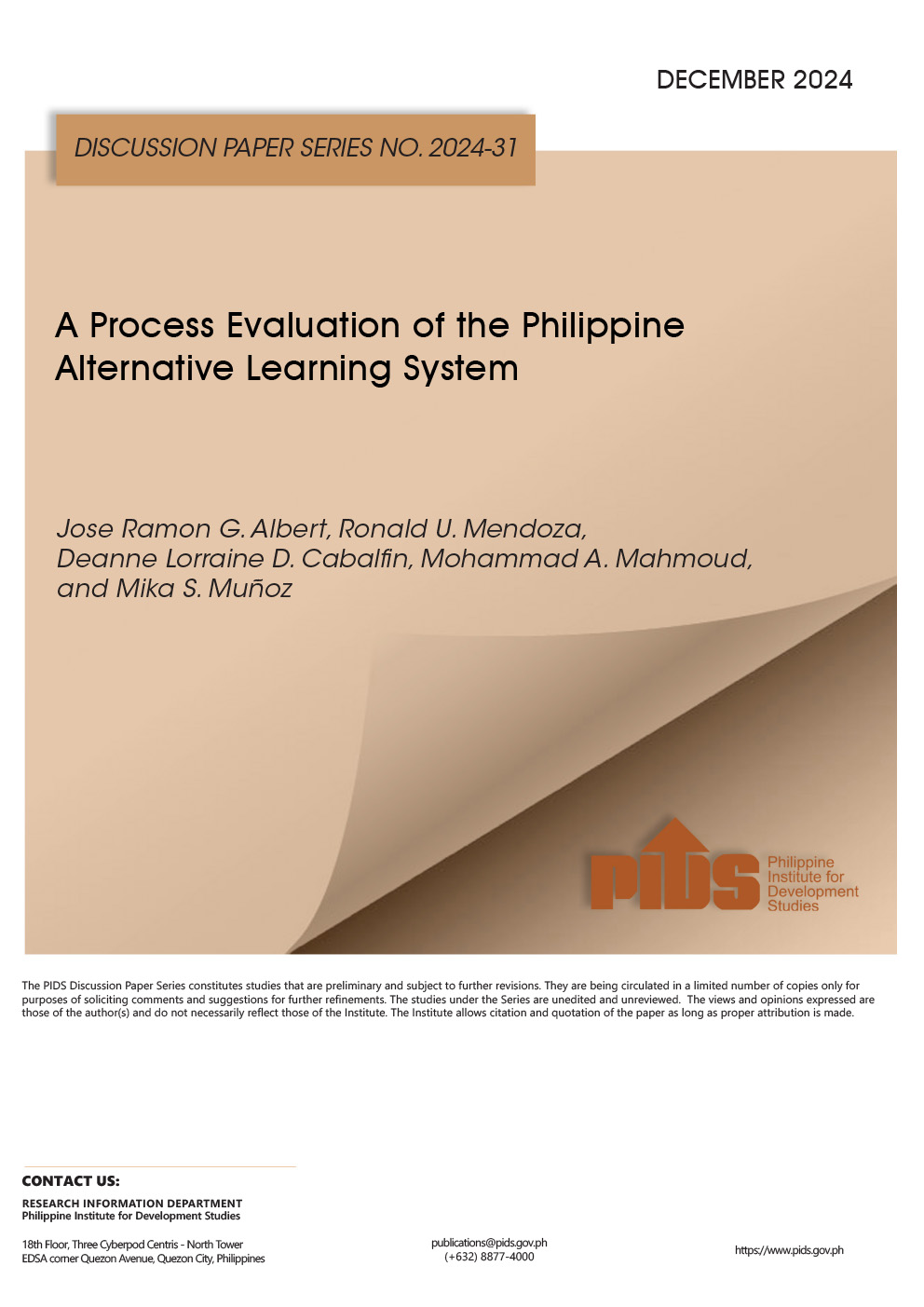The government has been urged to review its log-ban policy to “make it more equitable” for all stakeholders, according to the Philippine Institute for Development Studies (PIDS).
Executive Order (EO) 23, issued by the administration of former President Benigno S. Aquino III, declared a moratorium on the cutting and harvesting of timber in natural and residual forests.
However, PIDS said in a discussion paper, the EO only increased unemployment in rural areas and encouraged illegal logging.
“The implementation of EO 23 affected not only the supply of wood products to the wood-processing industry, but also led to the increased unemployment in the rural areas. It also encouraged the practice of illegal logging, with the DENR [Department of Environment and Natural Resources] unable to effectively monitor and enforce the order,” the PIDS study stated.
PIDS Senior Research Fellow Danilo C. Israel and Research Analyst II David Feliks M. Bunao also said the inconsistent policies in wood processing have also made it worse for the industry.
Israel and Bunao said policies surrounding the harvest of logs discouraged investment in wood processing.
When EO 23 was issued and implemented, the number of wood- processing firms in the country fell. In the case of the Caraga region, it went down from 119 firms in 2010 to only 27 firms in 2015.
This significantly affected at least 10,000 workers who were directly involved in the wood-processing industry in Caraga.
They added the imposition of these policies were carried without consulting with all stakeholders.
“The wood-processing industry, in general, has been neglected by the Philippine government partly because of the environmental lobby favoring the log ban is getting stronger. Yet, at no other time in its existence that the industry needs much attention and assistance in order to simply survive,” the authors said.
In February the National Economic and Development Authority (Neda) pushed for “responsible logging” rather than imposing a total log ban.
NEDA Secretary Ernesto M. Pernia said logging should only stop in places that have already been denuded.
Pernia added the President may have just been “thinking out loud” when he was quoted as saying there should be a total log ban.
Based on the final results of the 2013 Annual Survey of Philippine Business and Industry-Agriculture, Forestry and Fishing Sector, there were seven firms involved in growing timber forests.
These firms were engaged in growing timber forest species, such as gemelina and eucalyptus, planting, replanting, transplanting, thinning and conserving of forest and timber tracts.
These firms employed 676 employees, but only 672 were considered paid employees. These firms booked an income worth P138.5 million and expenses worth P128.88 million in 2013.












